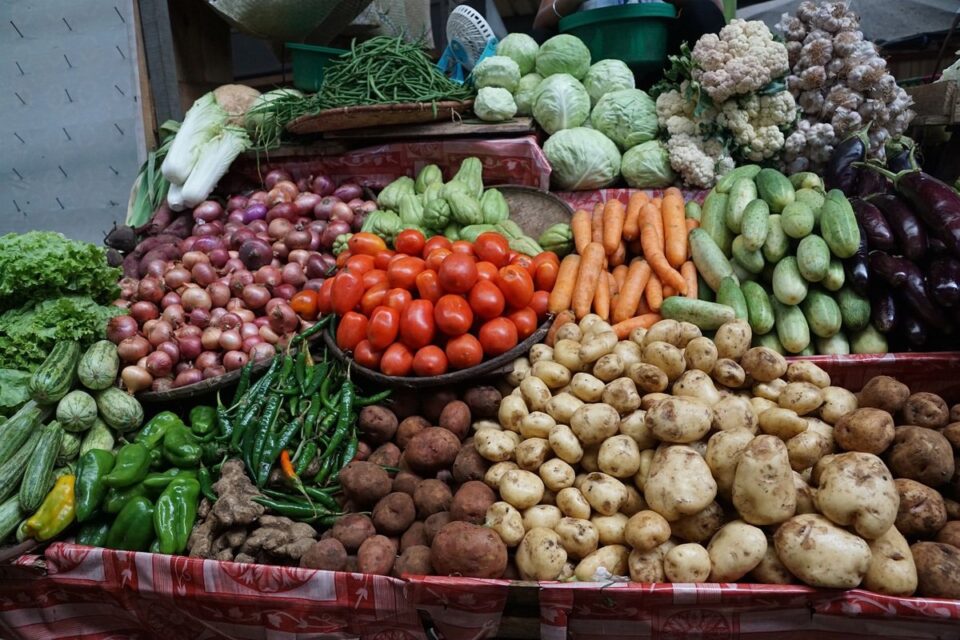At a meeting on Friday, February 25, 2022, the Commission for Emergency Situations of the Republic of Moldova decided to limit the trade markup in Moldovan retail for vegetables of the “borscht set” – onions, beetroot, white cabbage, as well as potatoes and some other food products. This measure is aimed at curbing “unreasonable price increases”.
Indeed, since yesterday, under the influence of the negative flow of news in connection with the armed aggression of Russia and the fighting in neighboring Ukraine, long queues have been lining up in Chisinau supermarket chains. Due to the boom in demand for some products of daily consumption and the long shelf life, employees of individual chains often change price tags or remove them from the shelves altogether.
The decision in connection with the “crisis of retail prices” has not yet been published. Therefore, it is still unclear in what particular allowable range the trade markup will be fixed. Operators of the fruit and vegetable market assume that it will be 8-10%. That is, at the level of the trade allowance that applies to the previously established narrow list of socially significant goods. It is also unclear whether this restrictive measure will last all 60 days of the state of emergency, or a shorter period.
Some representatives of farmers’ organizations consider this measure ambiguous. Prices for bulk vegetables of the “borscht set” in Moldovan supermarkets, especially those positioned as discounters, have been slightly lower for the third year already than for goods of relatively good quality sold in most markets-bazaars in Chisinau. If the chain retailers observe the administrative limitation of the trade markup, then this fact, on the one hand, will put pressure on market prices. On the other hand, it will help attract consumers to supermarkets, just like at the “acute” moment of the pandemic, when city markets were closed.
However, limiting the trade markup too tightly can also have a negative side effect – a reduction in the assortment and a decrease in the quality of goods on the shelves.
The use of the site materials is free if there is a direct and open for search engines hyperlink to a specific publication of the East-Fruit.com website.




